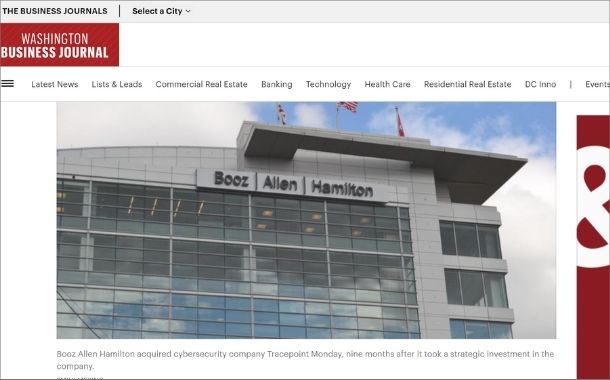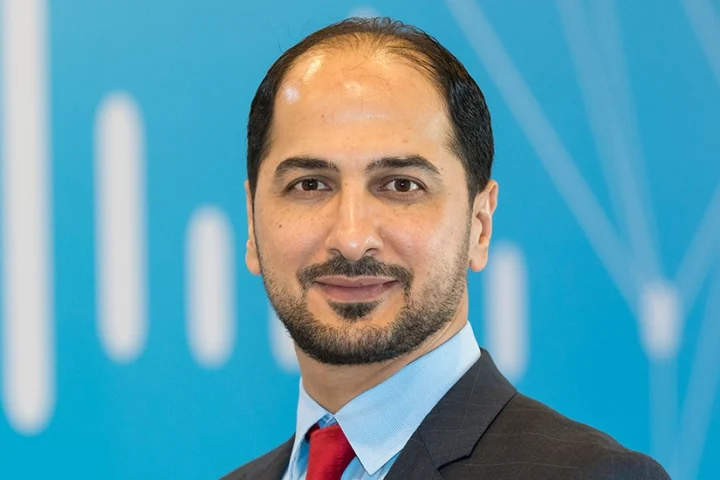Organisations in the GCC must make resilience an integral part of their threat mitigation strategy across the private sector and government services, to ensure that essential functions are restored after disruptive events, a report by Booz Allen Hamilton, has revealed. GCC organisations are already spending approximately $3.5 million per year on identifying and restraining data security breaches, far ahead of the global average of $2.1 million.
Despite such enormous spends, GCC organisations take longer than their European counterparts to contain a breach, with the average reported time in the GCC standing at 260 days, compared to just 138 days in Europe. To reduce this gap, GCC governments are equipping organisations in the region with the necessary tools to build resilience across industries.
For example, the UAE’s Regulation and Supervision Bureau published a set of business continuity management regulations relating specifically to drinking water, wastewater and electricity services in the emirate of Abu Dhabi. The UAE has also developed several plans to manage emergencies, such as the National Emergency Plan for the Telecom Sector.
Booz Allen Hamilton outlines the following well-conceived resilience equation that protects organisations against potential shocks; focuses on being proactive; helps to explore options for dealing with surprises and changes; and defines resilience objectives and guiding principles. The resilience equation comprises Risk Management, Continuity Management and Testing and Exercises. Together they provide a holistic view for organisations to thrive and grow through changes, disruptions, and unknown events.
Risk Management
Organisations must consider an RM programme to identify and assess risks across the entire organisation and to help with the implementation of risk management strategies. A sustainable risk management programme covers eight focus areas, including Governance; Organisation and Decision Process; Strategy and Policy; Risk Appetite and Tolerance; Processes and Tools; Culture and Communication; Performance Monitoring; and Business Intelligence.
Continuity Management
A CM system is capable of absorbing disruption and provides backups and fail-safes, including mechanisms for rapid response designed to restore operating capacity. It covers the following key areas – Emergency Management Plan; Crisis Management Plan; Continuity of Operations Plan and IT Disaster Recovery Plan.
Testing and Exercises
These are T&E plans and procedures that are capable of revealing weaknesses and gaps and that improve organisational coordination, clarify roles and responsibilities, and create a unique learning environment. The best way to prepare for the unforeseen is by assessing strategic options and tactical plans through testing and exercises. T&E unlock benefits associated with building preparedness, increasing resilience and sustaining performance.

Jay Townsend, Principal, Booz Allen Hamilton, said: “Investing in robust threat mitigation strategies and resilience response could reduce organisations’ exposure to threats that result in untoward incidents. GCC governments have recognised this and, over the past decade, have begun to implement systems and programmes to help navigate uncertainty and enhance preparedness and response capabilities. But, they need to take this a step further and make it part of the strategic corporate and national agenda.”

Rosa Donno, Senior Associate, Booz Allen Hamilton said: “GCC organisations are already on the right track to building resilience, but they need to be more aware of their future threats and current weaknesses, so that they can take informed strategic and tactical decisions that can be applied across the full spectrum of sectors and industries region-wide, in order to prepare for risks and respond effectively to internal and external events.”
Key takeaways
- GCC organisations are spending $3.5 million per year identifying and restraining data security breaches.
- GCC organisations take longer than European counterparts to contain a breach, with average time standing at 260 days.
- GCC governments are equipping organisations with necessary tools to build resilience across industries.






















